Measles epidemic is increasing in Hanoi, with the risk of a strong outbreak if vaccination is not done promptly.
Measles epidemic is increasing in Hanoi, with the risk of a strong outbreak if vaccination is not done promptly.
According to information from the Hanoi Center for Disease Control (CDC), last week (from December 27, 2024 to January 3, 2025), the city recorded 101 cases of measles, an increase of 25 cases compared to the previous week.
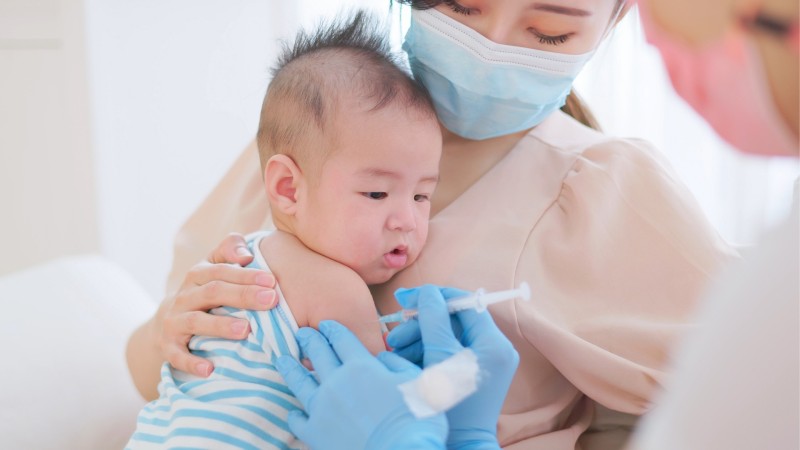 |
Epidemiologists warn that the increase is mainly due to low measles vaccination rates in the community, especially among children who have not been vaccinated or have not received all doses of the vaccine. |
This is a warning sign of an increase in measles, as from the beginning of 2024 until now, Hanoi has recorded 436 measles cases in 30/30 districts, towns and cities. It is noteworthy that in the same period in 2023, the city did not record any measles cases.
Measles is a contagious disease that can cause dangerous complications, especially in young children and those who have not been fully vaccinated. Data shows that measles patients are mainly distributed in children under 9 months of age and children from 1 to 5 years of age.
Specifically, out of a total of 436 cases, there were 125 children under 9 months old (accounting for 28.7%), 74 children from 9-11 months old (accounting for 17%), 144 children from 1-5 years old (accounting for 33%), and 52 cases over 10 years old (accounting for 11.9%).
Epidemiologists warn that this increase is mainly due to the low measles vaccination rate in the community, especially among children who have not been vaccinated or have not received all the doses of vaccine.
In the coming time, the number of measles cases is forecast to continue to increase, especially in children under 1 year old and children over 5 years old. CDC Hanoi recommends that parents and the community pay attention to fully vaccinating against measles to prevent the spread of the disease.
Previously, the Hanoi Department of Health sent a document proposing that the Ministry of Health agree to vaccinate children from 6 to under 9 months old against measles in the city using vaccines provided by the Ministry of Health.
In early December 2024, the Hanoi Department of Health conducted a measles risk assessment in the city according to the World Health Organization (WHO) measles risk assessment toolkit.
The results show that the risk of measles outbreaks in the city is at an average level. However, Hanoi is a locality with a high population density and large population movements. This is also where central hospitals receive many measles cases from provinces and cities across the country, so there is always a risk of measles outbreaks.
Meanwhile, according to regulations in the expanded immunization program, measles vaccine is used for children from 9 months old. However, the age group under 9 months is accounting for a high proportion in the city (only after the age group from 1-5 years old).
According to WHO, monovalent measles vaccine can be given to children from 6 months to under 9 months old during epidemics as an enhanced measure to prevent epidemics.
This vaccine is considered the "measles 0" dose and the child will then continue to be vaccinated with 2 doses of measles vaccine according to the expanded immunization program schedule at 9 months and 18 months of age.
It is known that WHO has sent a document to the Ministry of Health agreeing to add 260,000 doses of measles vaccine for children aged 6 to under 9 months. The Ministry of Health is completing procedures to confirm the aid source to allocate to the provinces that have proposed, thereby promptly vaccinating these young people.
To control the epidemic, Hanoi CDC recommends that people, especially families with young children, follow the measles vaccination schedule.
Children from 9 months of age need to be vaccinated with the first dose, the second dose at 15 - 18 months and the third dose when the child is 4 - 6 years old. For children at high risk or living in an epidemic area, early vaccination from 6 months of age can be considered.
Health experts emphasize that vaccination not only helps protect children's health but also helps prevent the spread in the community.
Dr. Nguyen Tuan Hai, Safpo/Potec Vaccination System, said that vaccination is the only way to protect children and adults from this potentially dangerous disease. Countries around the world are required to achieve and maintain a coverage rate of over 95% with 2 doses of measles vaccine.
Children and adults need to proactively get vaccinated against measles fully and on schedule to help the body produce specific antibodies against the measles virus, helping to prevent the risk of measles and severe complications, with outstanding effectiveness of up to 98%.
In addition, each person needs to proactively clean their eyes, nose, and throat with antiseptic solution every day, limit gathering in crowded places, avoid close contact with people showing signs of measles or suspected of having the disease, and do not share personal items with people with the disease. Keep your living space clean and supplement foods to help strengthen the immune system.
If you experience symptoms of measles (fever, runny nose, dry cough, red eyes, sensitivity to light, rash all over the body), you should quickly go to the nearest medical center or facility for timely examination and treatment.
The increase in measles cases is a major concern, especially among under-vaccinated children. Full measles vaccination is the most effective preventive measure to protect public health, especially in the context of a disease that can flare up strongly if not controlled promptly.
Source: https://baodautu.vn/nguy-co-bung-phat-manh-dich-soi-neu-khong-tiem-phong-kip-thoi-d238778.html


![[Photo] Nhan Dan Newspaper announces the project "Love Vietnam so much"](https://vstatic.vietnam.vn/vietnam/resource/IMAGE/2025/4/17/362f882012d3432783fc92fab1b3e980)
![[Photo] National Assembly Chairman Tran Thanh Man meets with outstanding workers in the oil and gas industry](https://vstatic.vietnam.vn/vietnam/resource/IMAGE/2025/4/17/1d0de4026b75434ab34279624db7ee4a)

![[Photo] Closing of the 4th Summit of the Partnership for Green Growth and the Global Goals](https://vstatic.vietnam.vn/vietnam/resource/IMAGE/2025/4/17/c0a0df9852c84e58be0a8b939189c85a)
![[Photo] General Secretary To Lam receives French Ambassador to Vietnam Olivier Brochet](https://vstatic.vietnam.vn/vietnam/resource/IMAGE/2025/4/17/49224f0f12e84b66a73b17eb251f7278)
![[Photo] Promoting friendship, solidarity and cooperation between the armies and people of the two countries](https://vstatic.vietnam.vn/vietnam/resource/IMAGE/2025/4/17/0c4d087864f14092aed77252590b6bae)
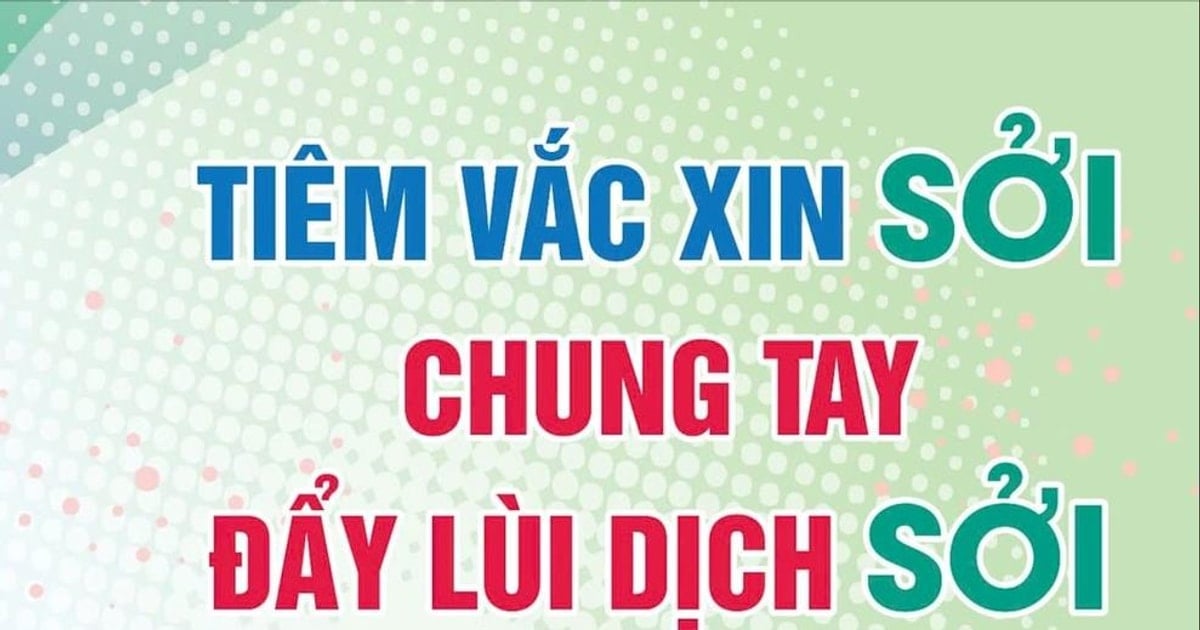










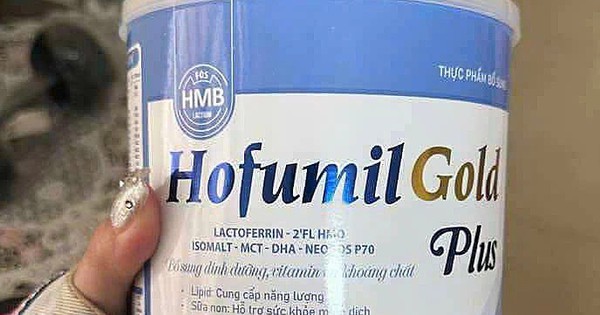

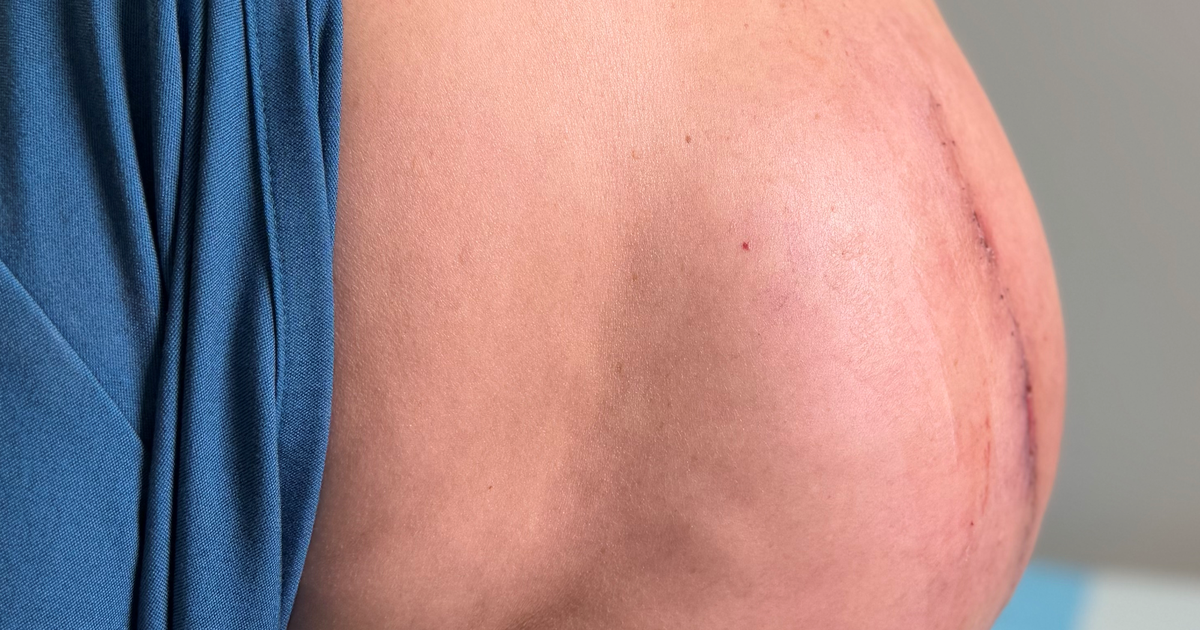

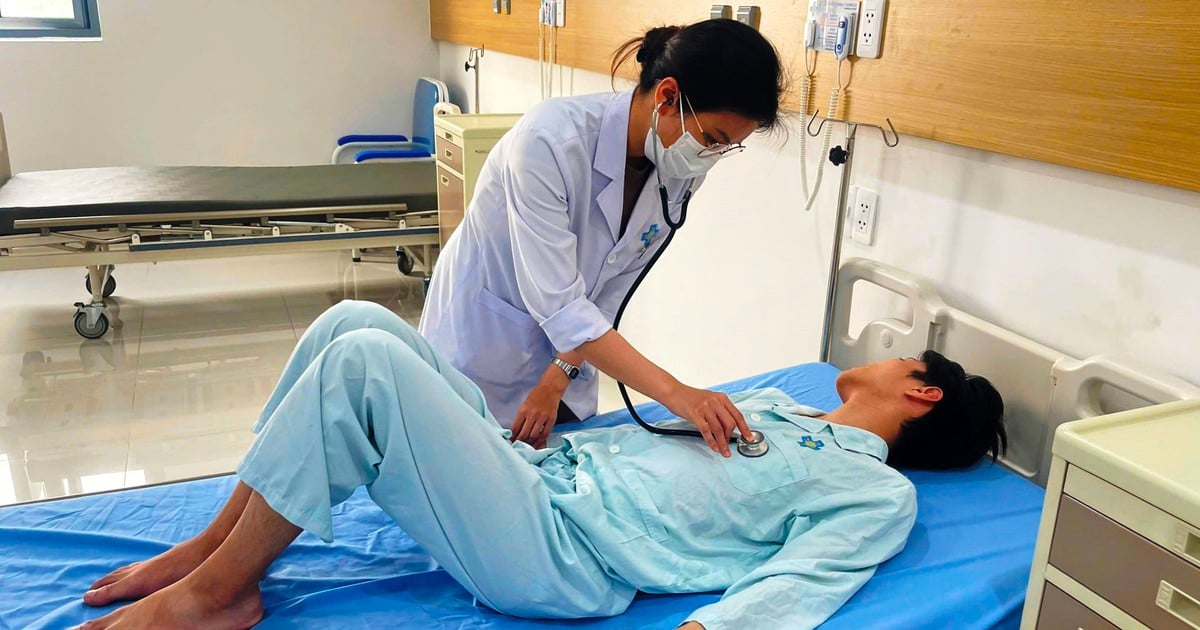
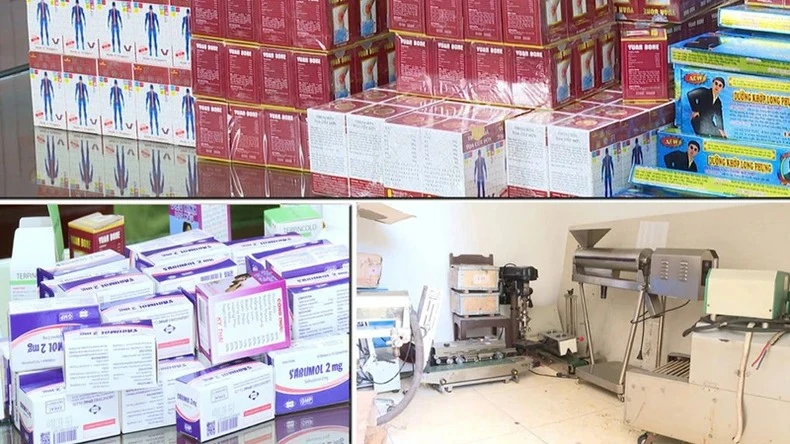






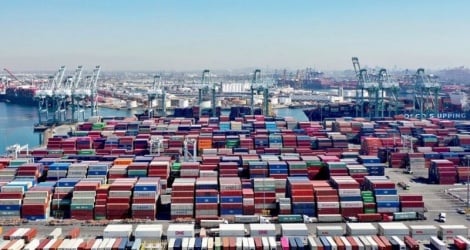



![[Photo] Welcoming ceremony for Chinese Defense Minister and delegation for friendship exchange](https://vstatic.vietnam.vn/vietnam/resource/IMAGE/2025/4/17/fadd533046594e5cacbb28de4c4d5655)























![[Video] Viettel officially puts into operation the largest submarine optical cable line in Vietnam](https://vstatic.vietnam.vn/vietnam/resource/IMAGE/2025/4/17/f19008c6010c4a538cc422cb791ca0a1)
























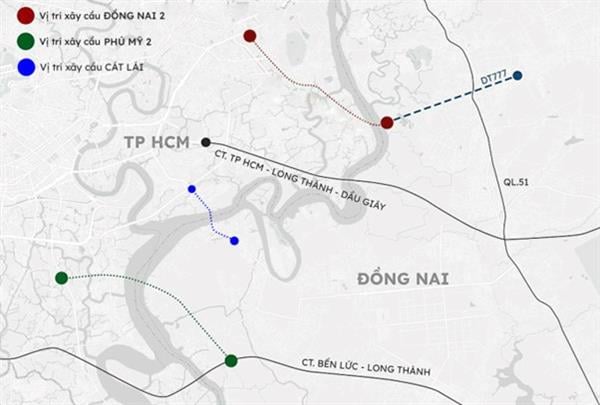


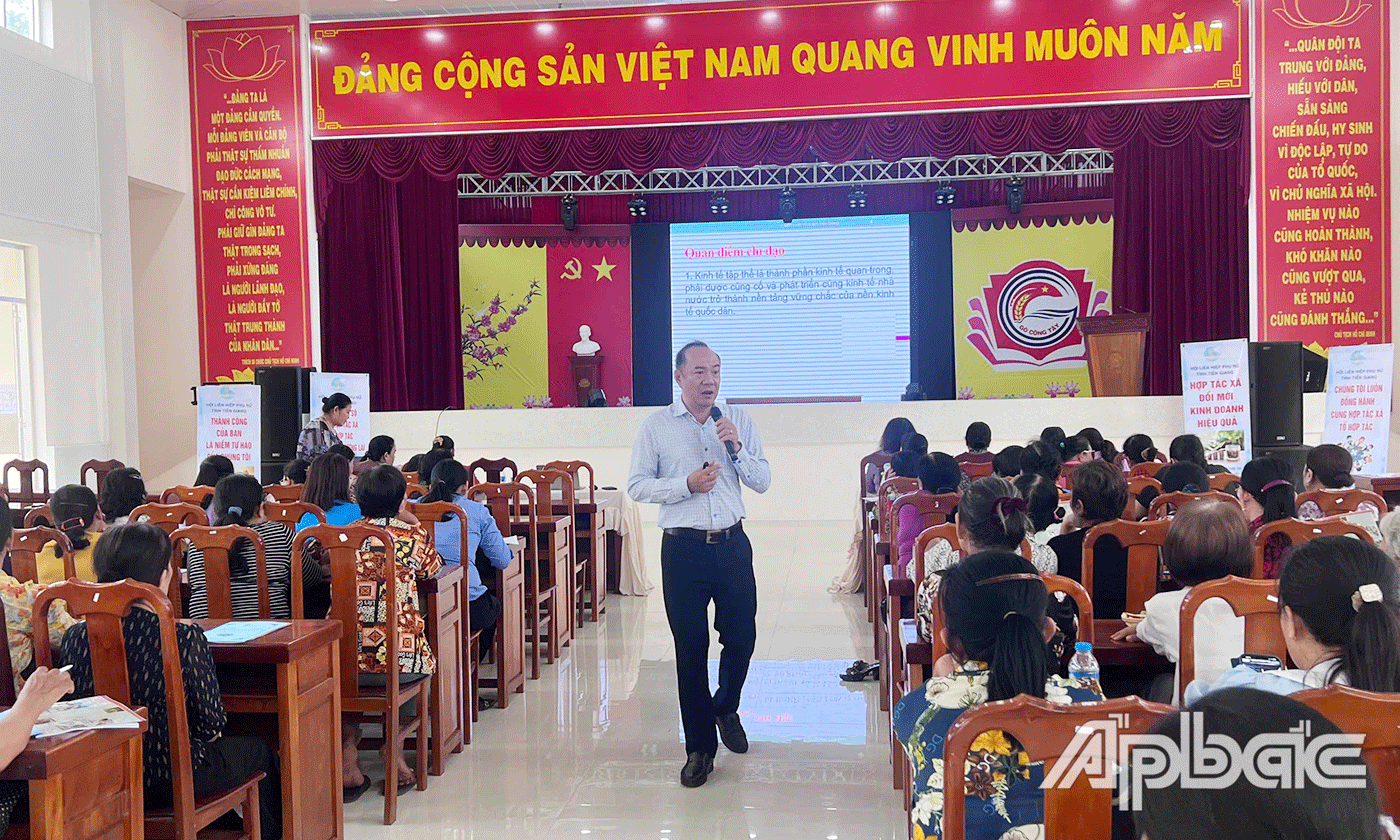












Comment (0)